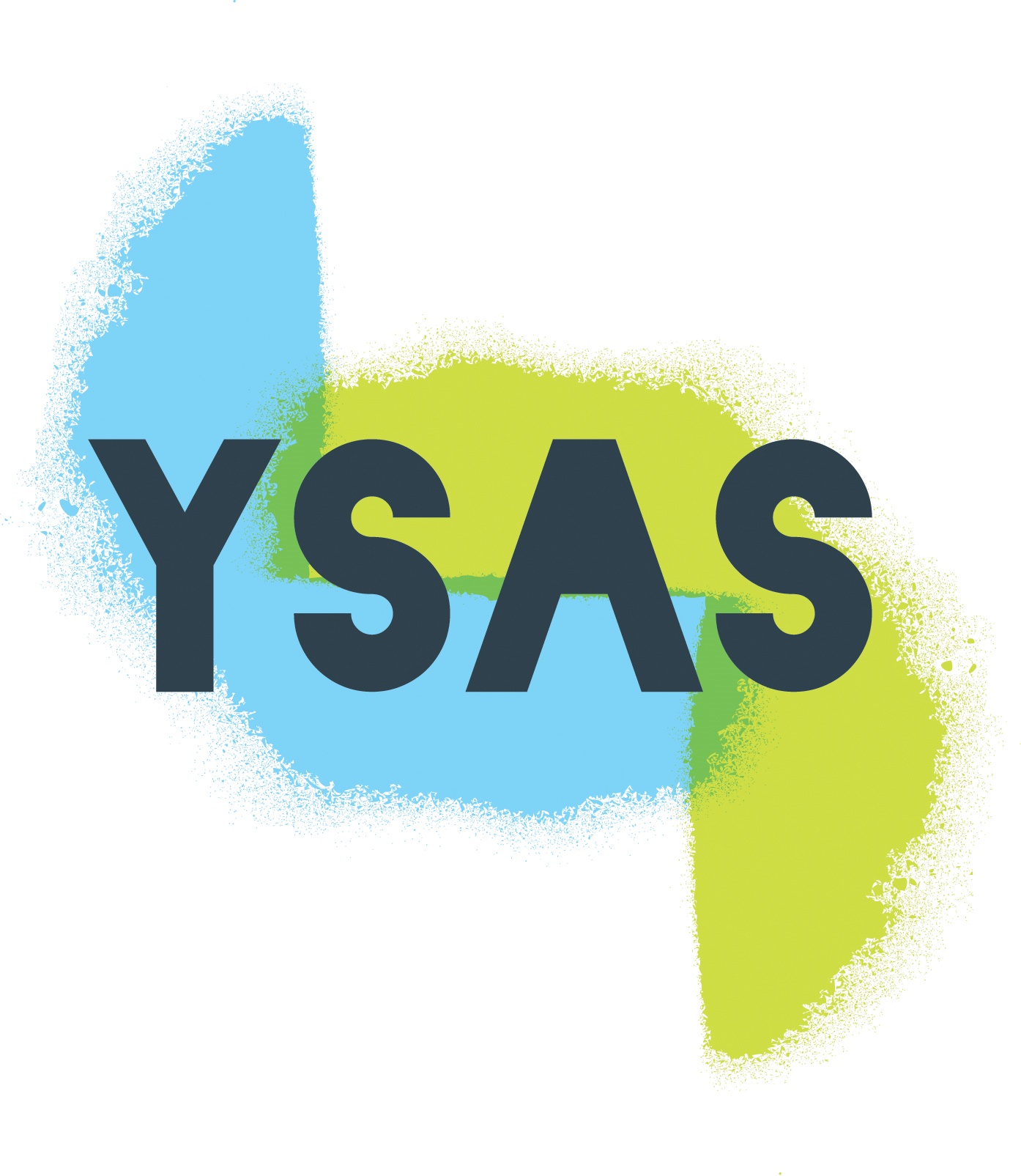Presented by: Dr Eddie Mullen, Director of Medical Workforce, Lead Psychiatrist, Hype Clinic, Dual Diagnosis Stream, Substance Use Research Group
Slides: Autism Substance Use and Addiction_Eddie Mullen
In this video, Dr Eddie Mullen discusses the clinical understanding of autism and the challenges faced by autistic people.
To access the video, click on ENROL NOW to change to “I’m going”
The WATCH VIDEO button will appear; click to access the video.
To return to the video later, revisit this page by clicking on Self-paced learning.
This session will cover ways that workers can provide effective brief intervention support to young people who are not willing to engage in more traditional, clinical or intensive AOD support. The workshop will also cover other experiential and novel ways to work with young people who might be resistant to traditional approaches.
- What are and when can we use AOD brief Interventions with young people
- Experiential and novel approaches to supporting young people experiencing AOD issues
- Exploring creative and tailored ways to meet the needs of young people experiencing AOD issues
IMPORTANT: registrations for training will become live approximately two months prior to start of training. To enrol in this or any training, you must click the link below and fill in the registration. If you do not complete the registration, you will not have a place in the training. If you experience a broken link, please get in touch with us at elevate@vaada.org.au
****
Understanding the social and biological factors that precipitate substance use in a young person is important, but support for young people in AOD withdrawal is not just about addressing the substance use.
The young person should be viewed through a bio-psycho-social lens, assessing risk factors and protective factors in the young person’s life as well as any barriers to accessing health care.
These guidelines have been developed primarily for use by YSAS staff, but also to assist individuals with a broad range of backgrounds including General Practitioners, Youth AOD services, community agencies and others to support adolescents in the community seeking to undergo AOD withdrawal.
The training will be split into two sections. Section one will be co facilitated with a senior nurse to cover medical/ clinical approaches to withdrawal. Section two will cover the biopsychosocial approaches to withdrawal
Learning outcomes:
Part 1 – AOD withdrawal – Clinical
- Adolescent Brain Development and Substance misuse
- Substance Use Disorders
- Use of Withdrawal Scales in Young People
- Medications to Support AOD Withdrawal in Young People
- AOD Withdrawal Treatment Options for Young People
- Alcohol and Other Drug Withdrawal presentations in Young People
Part 2 – Biopsychosocial approaches to withdrawal
- Using Risk and Protective Factors to advise AOD withdrawal approach
- Care planning during withdrawal:
– Nutrition
– Sensory Somatic practices
– Trauma-informed practice
– Sleep hygiene- Stages of change
– Brief intervention- Distraction techniques
– De-escalation
IMPORTANT: registrations for training will become live approximately two months prior to start of training. To enrol in this or any training, you must click the link below and fill in the registration. If you do not complete the registration, you will not have a place in the training. If you experience a broken link, please get in touch with us at elevate@vaada.org.au
****
Learning outcomes:
- Common mental health issues with young people attending AOD services
- Youth AOD services responsibilities and management of mental health issues
- Useful concepts and strategies to promote better mental health with young people
- Assessment of vulnerability to self-injury
- What to do when confronted with a person in the process of self-harming.
IMPORTANT: registrations for training will become live approximately two months prior to start of training. To enrol in this or any training, you must click the link below and complete the registration. If you do not complete the registration, you will not have a place in the training. If you experience a broken link, please get in touch with us at elevate@vaada.org.au
****
Youth-focused AOD Practice Program
This training program aims to increase the capacity of practitioners to effectively support and respond to the needs of young people who are using substances while also promoting the integration of contemporary evidence-informed youth AOD perspective into care planning and coordination.
This training program contains 4x course:
- Youth AOD 1 – Half-day Attachment and Trauma in Youth AOD work
- Youth AOD 2 – Half-day Developmentally Conducive Practice
- Youth AOD 3 – Half-day Young people & AOD
- Youth AOD 4 – Half-day Resilience Care Planning
It is highly recommended that the participants attend the 4 sessions.
This workshop will equip workers with a foundational understanding of adolescent development and the function, meaning and purpose of risk-taking and other challenging behaviours including AOD use. It will explore relationship-based approaches to working with young people and look at how we can move from issues based responses to a developmentally conducive practice approach.
Learning outcomes:
- Adolescent Development theories
- Risk in Adolescence.
- Developmental needs and adolescent substance use
- Relationship-based practice
- Developmentally conducive ways of working


